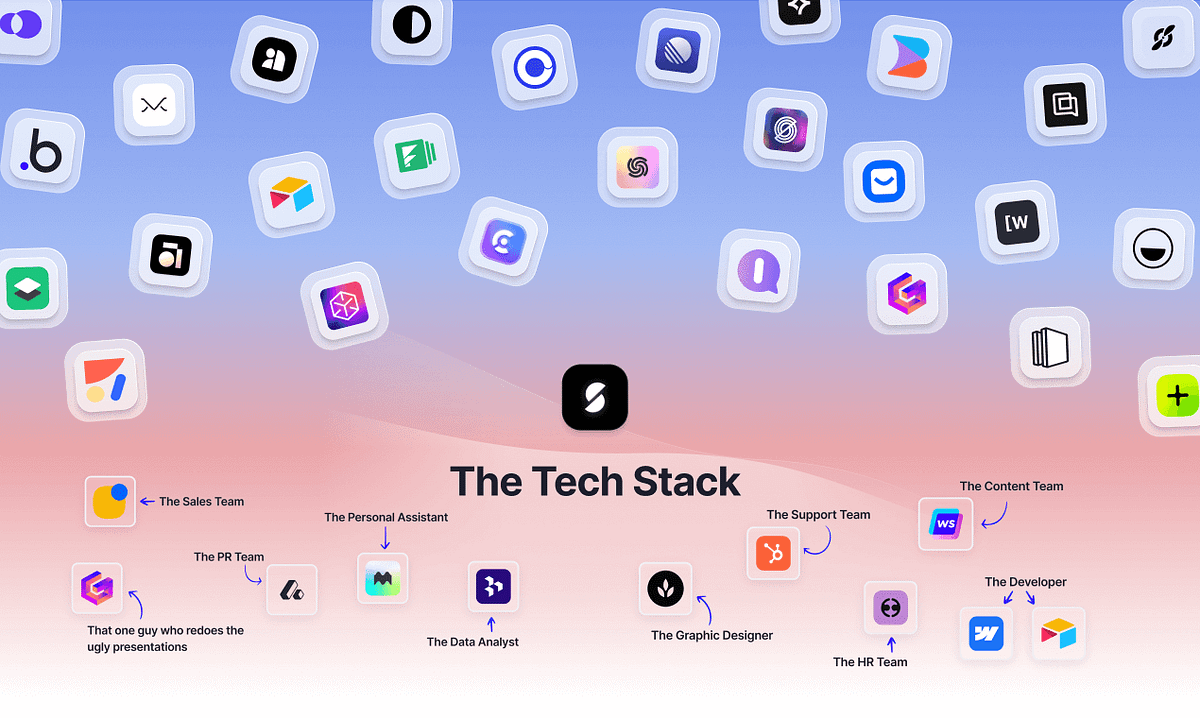Living with a disability presents numerous challenges that extend beyond the individual’s physical or cognitive limitations. Navigating the complex web of services, understanding one’s own needs and entitlements, and coordinating various aspects of care can be overwhelming, not only for the individual with a disability but also for their families and carers. This is where the role of an NDIS support coordinator becomes crucial in providing aid and clarity within Australia’s National Disability Insurance Scheme (NDIS).
Understanding the NDIS
The NDIS represents a fundamental shift in the way disability services are funded and delivered across Australia. Designed to empower individuals with disabilities, it provides them with the choice and control over the support they receive, tailored to their unique needs and goals. To fully utilise this person-centric approach, however, requires a deep understanding of the system and the ability to effectively manage resources and services.
Who is an NDIS Support Coordinator?
An NDIS support coordinator is a specialist role developed to bridge the gap between NDIS participants and the complex network of services available to them. These professionals play a critical part in assisting individuals to navigate the NDIS, helping them understand their NDIS plan, and connecting them with the appropriate services and providers to fulfil their plan’s outcomes.
Connecting Participants with the Right Services
The responsibility of an NDIS support coordinator involves understanding a participant’s needs and the specifics of their NDIS plan. One of the first things they do is help the individual comprehend the plan’s jargon and break down the budget allocations to make it easier for the participant to decide how to best utilise their funding according to their personal objectives.
Goal Setting and Strategy Development
After mapping out the plan with the participant, the next step an NDIS support coordinator takes is goal setting. They assist in identifying both immediate and long-term goals, ensuring these are achievable, measurable, and aligned with the participant’s NDIS plan. Developing a strategy to reach these goals often involves researching and coordinating with multiple service providers, scheduling appointments, and ensuring all the parts of the plan come together cohesively.
Empowering Participants
One of the core objectives of the NDIS is to enable participants to be as independent as possible. A support coordinator equips participants with the tools and knowledge to make informed decisions about their care and support. The empowerment aspect of their work means that participants are not passively receiving services but are actively involved in the process, which in turn fosters a sense of self-determination.
Crisis Prevention and Intervention
In times of urgent need or crisis, an NDIS support coordinator also acts swiftly to mobilise resources and services to support the participant. This may involve last-minute adjustments to care arrangements, negotiating with service providers, and ensuring that the participant’s well-being is maintained during difficult periods.
Collaboration with Other Professionals
Effective coordination of services often requires collaboration with other professionals such as therapists, doctors, and local community resources. A key part of an NDIS support coordinator’s role involves creating a network of support around the participant, ensuring everyone involved in the individual’s care is working towards the same goals.
Monitoring and Reporting
The NDIS necessitates continuous monitoring and assessment to ensure that its objectives are being met. A support coordinator regularly reviews the services being provided, the progress towards goals, and the overall efficiency of the plan. They provide regular reports to the participants and, when necessary, to the NDIS to ensure transparency and accountability.
Fostering Community Inclusion
A deeper aspect of disability support is the facilitation of community inclusion. Beyond just linking services, an NDIS support coordinator is instrumental in helping individuals with disabilities to find opportunities for social participation, education, or employment, which enrich their lives and foster societal inclusion.
Assisting with Plan Review and Changes
As individuals grow and their situations change, so do their needs. An NDIS support coordinator assists with the plan review process, helping participants to adjust their goals and service allocations. This dynamic process ensures that the NDIS plan remains relevant and effective over time.
Conclusion
The underlying role of an NDIS support coordinator is to serve as the linchpin in effectively managing and navigating the multifaceted dimensions of the NDIS. Through their expertise, participants are better supported to realise their goals and maximise their plan’s potential. They are specialists in turning the complexity of the NDIS into an accessible and actionable sequence of services and supports, ultimately enabling participants to lead richer, more independent lives. With their guidance, the pathway through disability assistance becomes clearer and less daunting for those seeking to take full advantage of the opportunities the NDIS offers.
In summary, the partnership between an individual with a disability and a skilled NDIS support coordinator can make a significant difference in enhancing the quality of life and fostering independence. It’s a collaborative relationship that embodies the essence of the NDIS: to provide ‘choice and control’ to those with disabilities, ensuring they have the essential support to thrive within their community.








